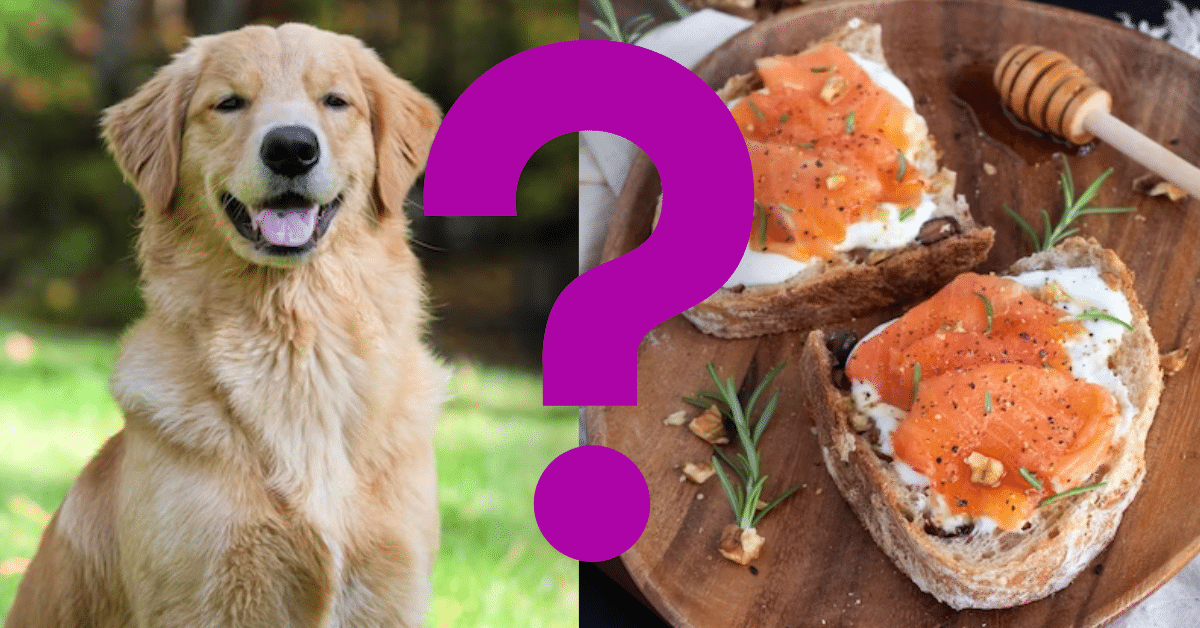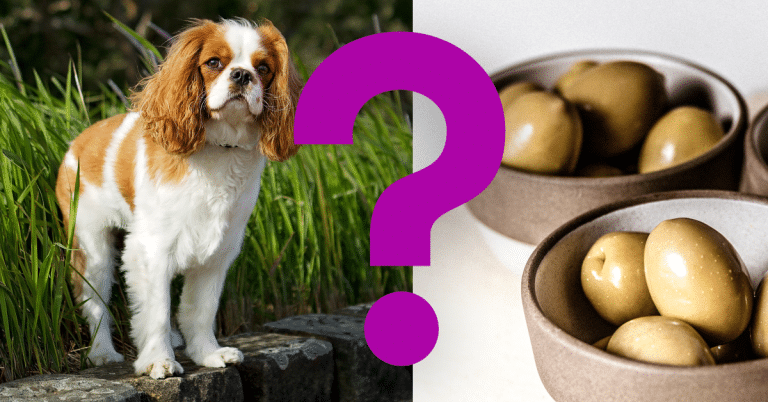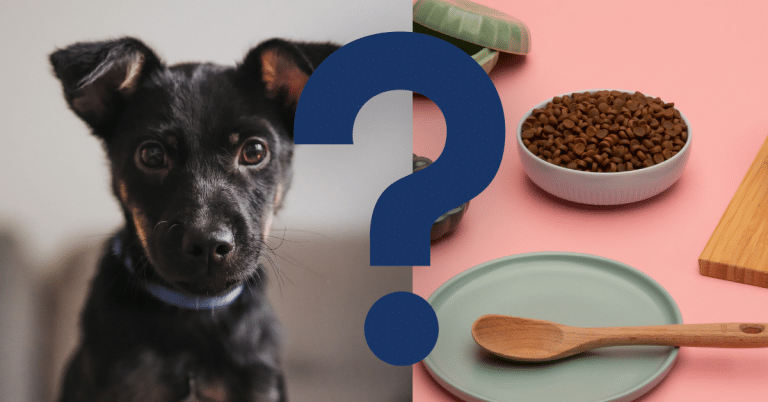Can Dogs Eat Smoked Salmon? A Vet’s Opinion

Smoked salmon is a preparation of salmon that has been cured or smoked, giving it a distinct flavor and texture, but can you feed smoked salmon to your dog?
Smoked salmon can be eaten by dogs in moderation, although it is not suggested as a regular part of their diet. While salmon is a good source of protein for dogs, the smoking process typically includes spices, salt, or even garlic, which can be toxic to dogs. Furthermore, smoked salmon may include parasites or bacteria that can make dogs sick. If you want to offer salmon to your dog, use fresh, cooked salmon with no seasonings or additives. Always consult a veterinarian about your dog’s specific dietary requirements.
Benefits Of Smoked Salmon For Dogs
While smoked salmon can be a pleasant treat for dogs, it should be in moderation. The following are some of the potential benefits of smoked salmon for dogs:
Protein Source
Smoked salmon is abundant in high-quality protein, which is necessary for tissue construction and repair, muscle growth, and maintaining a healthy immune system in dogs.
Omega-3 Fatty Acids
The omega-3 fatty acid concentration in salmon, notably smoked salmon, is well recognized. These good fats promote healthy skin and coats, reduce inflammation, improve brain health, and aid in joint function, all of which add to a dog’s general well-being.
Nutritional Content
Smoked salmon includes a variety of critical minerals, including vitamins D and B12, niacin, selenium, and phosphorus, all of which are excellent for a dog’s general health.
Digestive Health
Smoked salmon provides dietary fiber, which can help dogs with digestion and bowel movements.
Improved Appetite
The rich scent and flavor of smoked salmon can lure dogs with a low appetite or picky eaters, making it a beneficial addition to their diet.
Weight Control
Compared to other treats, smoked salmon is often lower in calories and fat, making it a better alternative for dogs on a weight management plan or those prone to weight gain.
Oral Health
The texture of smoked salmon can help a dog’s teeth be cleaned of plaque and tartar, leading to better dental health. However, it should be used outside routine dental care procedures like teeth brushing.
While smoked salmon may have some advantages, it should never replace a balanced, nutritionally complete dog food. Always check with your dog’s veterinarian
before adding new food to their diet.

How To Safely Give Smoked Salmon To Dogs
It is critical to provide smoked salmon to your dog safely. Here are some pointers to keep in mind:
Moderation Is Key
Smoked salmon should only be given as a treat, not a regular part of your dog’s diet. Too much-smoked salmon can result in a nutritional imbalance.
Plain And Cooked
Select plain smoked salmon with no additional seasoning, spices, salt, or garlic. To eliminate the possibility of parasites or bacteria, make sure it is properly boiled.
Small Portions
Give your dog small, bite-sized chunks of smoked salmon. It helps to reduce overconsumption and the risk of gastrointestinal distress.
Supervision
Always keep an eye on your dog when they are eating smoked salmon. It prevents them from swallowing any bones, which can be dangerous and cause choking or internal harm.
Consider Individual Needs
Consider your dog’s individual dietary needs and any allergies or sensitivities, and consult with your veterinarian to see if smoked salmon is appropriate for your dog.
Monitor For Adverse Reactions
After giving your dog smoked salmon, watch for adverse reactions such as vomiting, diarrhea, or odd behavior. Stop giving the food and notify your veterinarian if you observe any troubling effects.
While smoked salmon may benefit dogs, it is vital to prioritize their overall balanced diet and speak with a veterinarian to ensure it coincides with your dog’s individual needs and health concerns.
Will Smoked Salmon Make A Dog Sick?
In certain conditions, smoked salmon tends to make a dog sick. The following are some of the potential causes of why smoked salmon may cause sickness in dogs:
Seasonings And Additions
Smoked salmon frequently contains salt, spices, or other toxic dog additives. These chemicals may cause stomach distress, increased thirst, or salt toxicity if ingested in significant quantities.
Bacteria And Parasites
Smoked salmon, like any raw or undercooked fish, can have parasites such as tapeworms or pathogens such as Salmonella or Listeria monocytogenes. These can result in gastrointestinal difficulties such as vomiting, diarrhea, and infections.
Allergic Reactions
Some dogs may be allergic to or sensitive to salmon or fish products. Smoked salmon can cause adverse reactions in dogs allergic to fish, such as itching, skin rashes, or gastrointestinal problems.
Fish Bones
Smoked salmon may include small bones that can cause choking or internal injury if consumed by dogs. Before serving, ensure the salmon is boneless or carefully remove any bones.
Overconsumption
Excessive eating of smoked salmon can upset a dog’s stomach, resulting in digestive problems such as diarrhea or pancreatitis. When serving smoked salmon as a treat, moderation is essential.
Individual dogs might respond differently to smoked salmon, and their tolerance or sensitivity to specific elements may differ. After giving your dog smoked salmon, always watch them and check with a veterinarian if you have questions about their well-being or health.
Can dogs eat smoked salmon variations?
When it comes to smoked salmon varieties, it’s crucial to evaluate the precise ingredients and cooking methods used. Here is a list of smoked salmon varieties and whether they are typically safe for dogs to eat:
Plain Smoked Salmon: In moderation, plain smoked salmon with no added seasonings or additions is generally safe for dogs to consume. Before feeding your dog, ensure it’s properly cooked and boneless.
Spiced or flavored Smoked salmon that has been flavored or seasoned with spices, herbs, or other additives is unsuitable for dogs. These substances can be hazardous or irritating to a dog’s digestive tract, causing gastrointestinal discomfort.
Smoked salmon with garlic: Garlic is poisonous to dogs and can cause red blood cell destruction, resulting in anemia. Dogs should never be given smoked salmon that contains or is flavored with garlic.
Smoked Salmon Jerky: Avoid smoked salmon jerky, which is usually dehydrated and may contain seasonings. Jerky items with a high salt content and probable additives can be toxic to dogs.
Smoked Salmon Bones: Smoked salmon bones should never be given to dogs since they might cause choking or internal injuries if consumed.
Always read the label and avoid any smoked salmon versions that contain dangerous components such as garlic, excessive salt, spices, or other additions. When in doubt, go with plain. It’s also a good idea to check with your veterinarian if a particular type of smoked salmon is appropriate for your dog’s nutritional needs and current health conditions.

Vet’s Summary
Summary: Smoked salmon can be fed to dogs in moderation since it provides possible benefits such as protein, omega-3 fatty acids, and essential elements. However, due to potential hazards, vigilance must be exercised. Plain smoked salmon should be cooked and boneless, with no seasonings, spices, or garlic. Toxic substances or parasites may be introduced during the smoking process. It is critical to visit a veterinarian and prioritize a well-balanced diet tailored to the dog’s needs. When serving smoked salmon as a treat, monitoring for unpleasant reactions and using moderation is critical.
Recommendation: Besides offering smoked salmon as a treat occasionally, consider probiotic supplements for your dog’s overall health. Probiotics can help maintain a healthy digestive system and boost the immune system. They can help maintain healthy gut microbiota and aid in nutrient digestion and absorption. It is, nevertheless, critical to check with a veterinarian to establish the best probiotic supplement, dose, and duration for your dog. Only some probiotics are appropriate for some dogs, and professional advice will ensure you make the best decision for your pet’s needs.
Videos To Watch
If you are wondering what related foods are good to give your dog, watch this:
And if you want to know what a dog can NOT eat, watch this:






